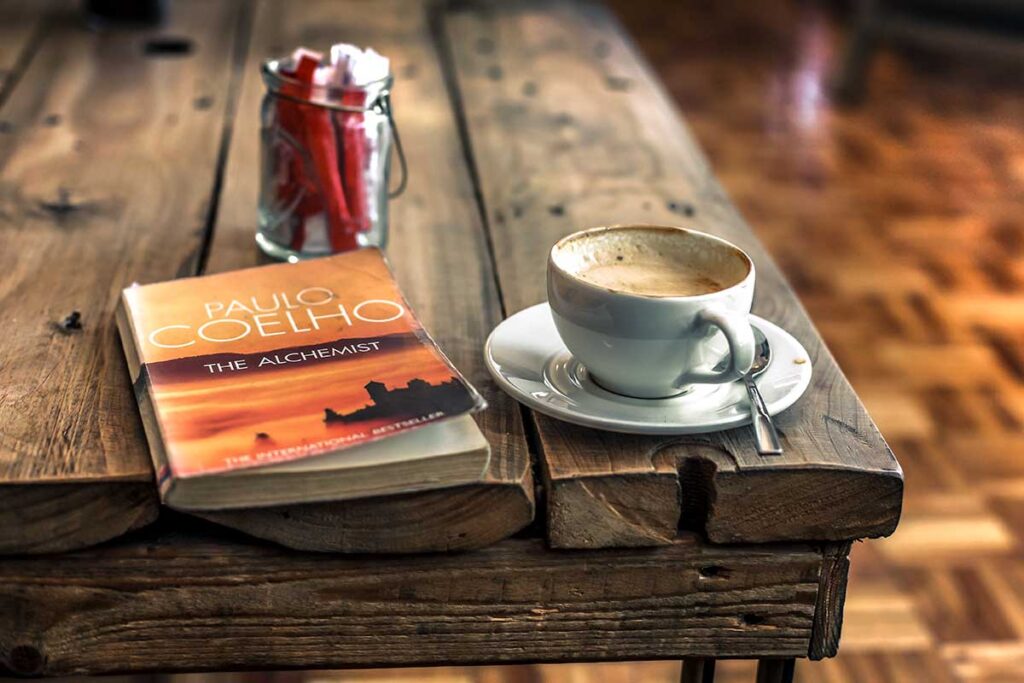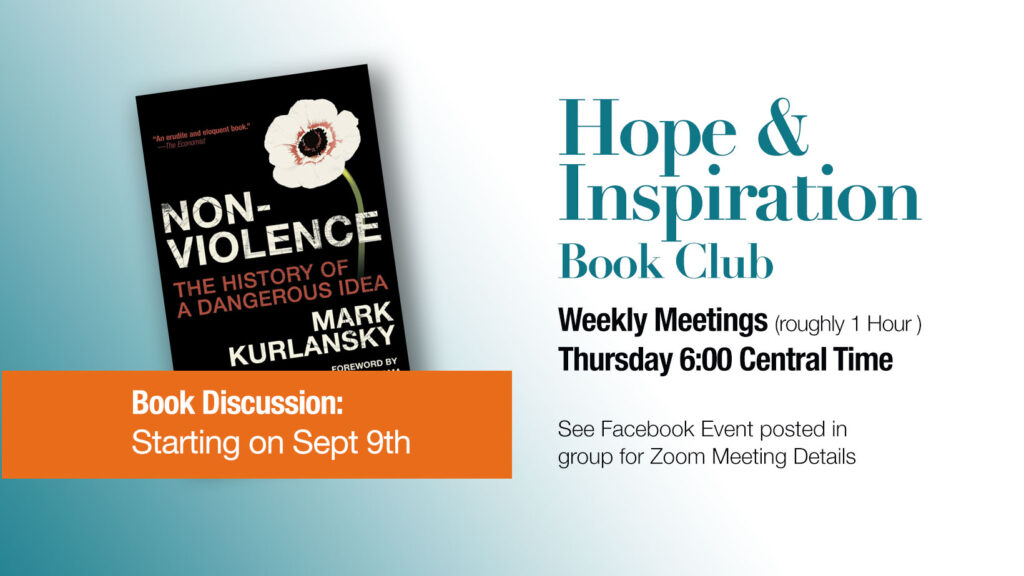Reading is such a great habit to possess. I think of reading as one of my daily or regular Success Habits. Think about all that regular reading can accomplish.
As a business owner I read to continue to innovate and bring new ideas to the table. It is said that 85% of self-made millionaires read two or more books a month. You may not be a business owner, but the benefits of reading serve all people so don’t overlook this powerful tool.
Some of the smartest, most successful, and most interesting people in the world have written books. They write down the things they consider to be most relevant. They acquired this knowledge over a lifetime of observation, trial and error, and experience.
For $17 or a quick trip to the library, you can have this information. For a few hours of work and a few dollars, you can get inside the head of some of the most amazing people that have ever lived!
If you’re a lover of fiction, you can entertain yourself for little to no cost.
But reading has additional benefits, too. It’s great for your brain health and cognition, lowers blood pressure and stress, and increases your empathy for others. We could all use better self care habits and a little more empathy for our fellow humans, animals, and this planet.
9 ways to build a regular reading habit that will enhance your life
1. Establish a schedule for reading.
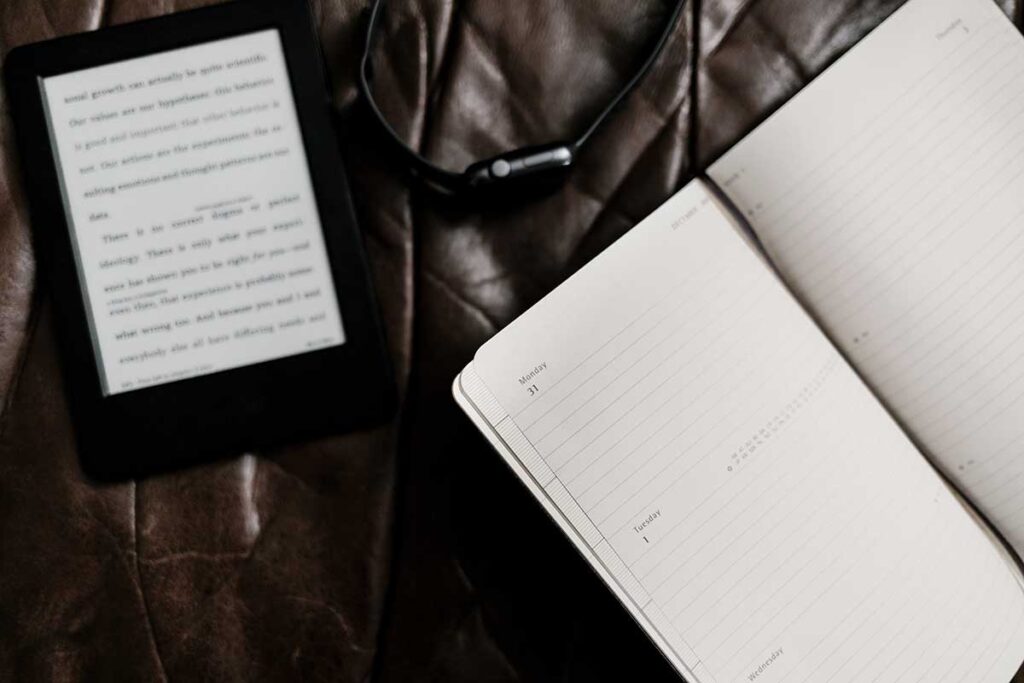
Establishing a habit requires repeating a behavior on a regular basis. Make a schedule for your reading that you can stick to. Many people like to read in bed, but it’s common to quickly become too tired to read! Take an honest look at your schedule and set aside the time you need.
For me, it isn’t a scheduled thing per se, but a daily goal. I try to read one hour a day or an hour for every day of the month (28 to 31 hours per month). I think I found this time based on hitting an annual reading goal of 12 books, then 24, then 50, now it’s been 100 for the last few years.
2. Only read books that appeal to you.
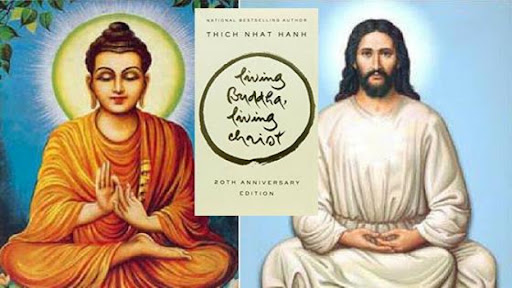
It’s easier to read daily if you read something enjoyable. Avoid forcing yourself to read books that don’t interest you just because it’s on someone’s reading list.
In all honesty, I hated reading for a long time. In my mid-twenties my girlfriend turned me on to books I found interesting and enjoyable to read. This can be a game changer. For me those were books by Hunter Thompson, Charles Bukowski, musician bios, and works by beat poets. These certainly will not be for many, but I loved them.
Then 20-some years later, as in the image above, I moved into spiritual mindfulness related books by Thich Nhat Hanh. Again, Living Buddha, Living Christ and other similar books are wonderful for me, but may not be for you.
Don’t get hung up with reading something because people say you must read it. If you’re heart’s not in it, it will be a difficult read for you and make your reading hard to stick with. So follow your passions.
3. Be willing to toss a book aside and start another.
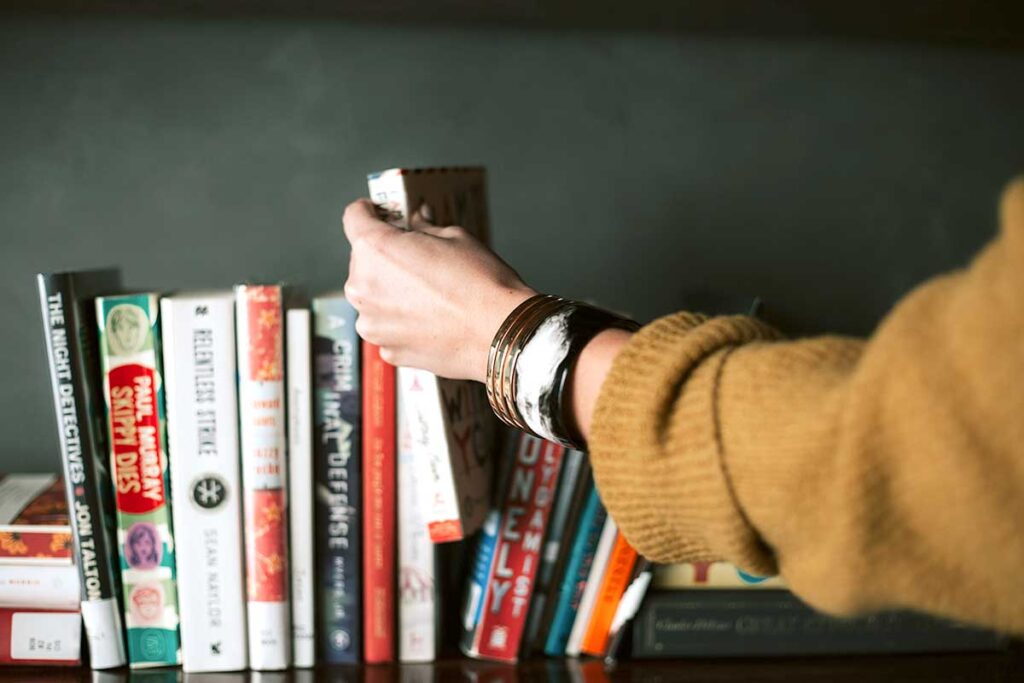
Just because you start a book doesn’t mean you have to finish it. Build a stronger reading habit by ditching the books you don’t like and giving another book a chance.
I cannot tell you how many books I have started right now. I hop around A LOT. Some I come back to if the mood strikes others are gone for good. This is where the library can be helpful if you seem to not find your passion early on.
It is okay to NOT like a book everyone says you will like. I hated the 4 Hour Work Week. Is it a bad book? Not necessarily, but it was not good for me at least at the time I was trying to read it. I’ve also tried a few Leo Tolstoy books that I just dumped or couldn’t find my passion in right now. It’s ok. Just move on.
4. Create the best possible reading environment.

Where will you read? Comfortable seating and good lighting are important. Silence is also necessary for many readers. The best reading environment is up to you but make an effort to optimize it.
Keep in mind that some of you, like me, may find that audiobooks help you read more or comprehend better or just make a book more entertaining. So a good environment my not be a perfect comfy chair under good lighting, but rather in your car as you are driving around town or on a trip. Keep an open mind and try different environments until you get one that works well for you and your situation.
5. Never be without a book to read.

Take a book with you everywhere you go. Also, ensure that you have your next book ready to go. Avoid not having a book available when it’s time to read. It’s easy to get out of the habit of reading.
Digital reading devices like the Amazon Kindle make it easy to always have a book on standby. I actually sometimes buy multiple versions of a book depending on the topic. The beauty of this is if I have the Kindle version or the Audible version, then I have it on my phone and with me where ever I go. I have a portable library at my finger tips because I’ve been using these digital resources for many years now.
6. Build a reading list.
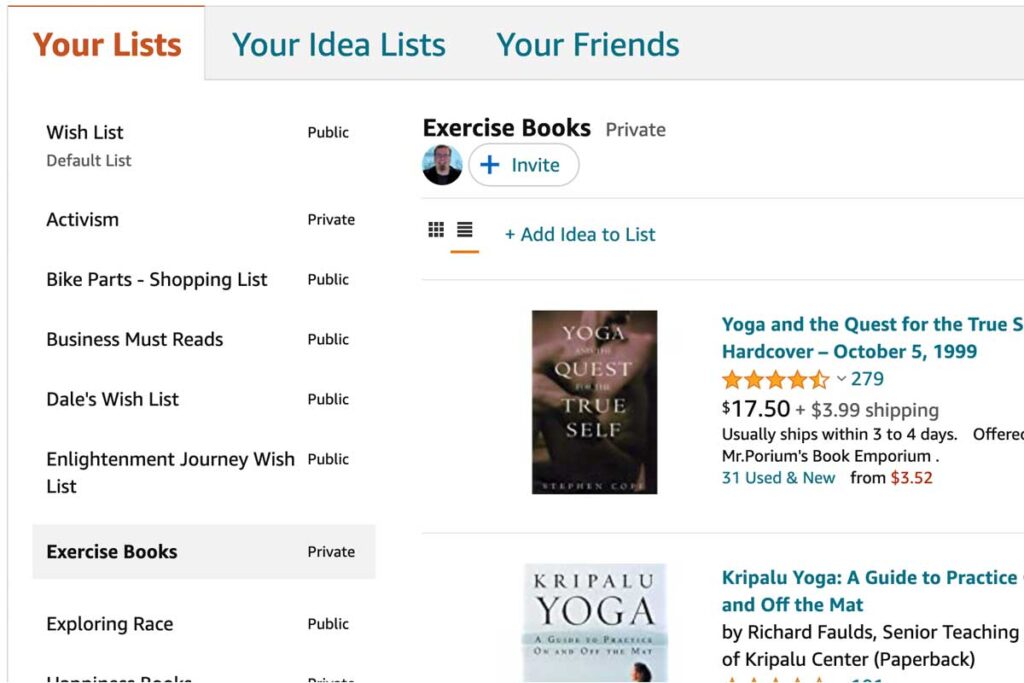
Make a reading list of books that interest you. You’ll be surprised what you find while searching around for books to add to your list. When you’re finished with one book, you won’t have to spend time looking for something else to read.
You can use an app or website like Good Reads to help you build a list or you can create a Google Doc to make a list and always have it with you. I mostly use Amazon lists. I have multiple lists of categories as I’ve been doing this for a long time.
I have a list for Activism, Race Relations, Business, Mindfulness, Music, and several other ones. Within each list I have dozens and dozens of books and I add new ones all the time.
7. Become familiar with your library.

Your local library has a lot of books, and you can check them out for free. It’s a great place to walk around and check out some books in person. It’s also a great place to sit down and read for a while.
Most libraries also have digital books you can borrow. I have borrowed both Kindle books and audiobooks from the library. There are a few different apps and you will need to check with your library to see which one they use, but my local library used 2 different ones and I think Libby is the main one now.
Libraries will also have great programming to build interest in reading. Programs for kids and adults. Check out what they have going on in your area. Maybe you’ll be able to see a great author talking about topics you love.
8. Become a better reader.
Reading is more enjoyable when you can read well. There are plenty of websites full of reading tips. As with anything else, the more you read, the better you’ll become.
I have never been diagnosed with dyslexia, but my son recently was and learning all the signs for dyslexia, I wonder if this isn’t why reading was so hard for me and why I hated school. Anyhow, by finding interesting topics, reading regularly, and finding that audio books helped me with comprehension I’ve been able to become a better reader.
I only read or listened to audiobooks for a few years but now I am reading many books on Buddhism, philosophy, activism and some of these book are only available in physical books so I am reading more and more physical books each year and it is much easier to read now than it was in my past.
9. Track your progress.
Keep a list of the books you finish. You might want to write down on a calendar how many minutes or pages you read each day. Seeing your progress can be inspiring.
As I mentioned earlier I set goals for myself. Early on it was easy goals like a book a month. Actually that was some work because I was reading less than 4 books a year at this point.
Then I jumped up from 12 to 24 a year. This is when tracking became more important. I started with the app/website Good Reads. This is great for some and was okay for me early on, but I often now reread books to wring out the wisdom, time and time, again. You might be surprised what you can learn the second or third time around as you are typically in different places each time you read them. Good Reads doesn’t (or didn’t) allow you to track rereads.
So I created a Google Doc to track things. I create a new one each year and I set a goal each year. My running goal is 100 books a year. At this point I’m at 63 books read so we’ll see if I hit my goal. No matter if I do or don’t hit it, this goal DOES make sure I read on a regular basis and often reading more books than many adults typically read. It is not about competing, but reaping the rewards of knowledge gained, stress reduced, joy found in this habit and working out the mind regularly.
For my tracking, I set my Google Doc up with the reading list title stating the year and the goal. Then I have monthly breakdowns of all the books I read. So for example January 2021 looked like this…
January
- The Legend of Sleepy Hollow
- Theodore Roosevelt: the Presidents and the Constitution
- Real Change
- Awakening The Buddha Within
- Acceptance and Commitment Therapy
- Guided Mindfulness Meditation
I also created different coding to instantly see types of books. Pleasure reads are normal text and mindfulness or Buddhist related books I make bold. I color code things for other topics as well. Don’t get too complex right now, but as you’ve been tracking things for a while, like me you might want to understand how many books of one category you read over time.
Again, starting out, keep things simple. If it’s easier get a notebook and just write things down. I use a Google Doc so I have the list with me at all times and so I do not forget to put each read on the list whenever or where ever I am at when completing each book. I believe Audible and Kindle both do tracking now, but again if you read physical and digital books as well as audio books, one app doesn’t track everything (at least not that I am aware of).
In Conclusion…
Building the habit of reading is one of the greatest gifts you can give to yourself or your children. Books are a condensed form of knowledge and entertainment. They’re much less expensive than a personal coach (but I highly recommend coaches for creating big transformation that can be difficult alone or through reading a book only). A novel that takes 12 hours to read is much less expensive than 12 hours’ worth of movies at the theater.
Reading is also great for your mind and body. You can learn a lot while also enhancing the health and capabilities of your brain. Pick up a book today!
Want some help Getting started? Join a Book Club!
Book Clubs are a great way to hold yourself accountable, make some new friends that support your habit, and discuss what you read with others. It is pretty amazing hearing someone else’s perspective or what most struck a chord for them. Sometimes you find new wisdom or joy that you may have missed by reading a book alone.
I have built some really great relationships with folks in my book clubs. I run a virtual book club called the Hope & Inspiration Book Club where we read lots of different books. We’ve read things on race relations, politics, self-development, inspiration, and other topics. We are currently reading Nonviolence: The History of a Dangerous Idea. This is a group that uses a Facebook group as a tool for communication and engagement as well as for announcing scheduling and meeting login details. We use Zoom and have weekly meetings.
I’ve also attended in person book clubs and had a really nice time hanging out with the members of the group. You can make this as fun and unique as the purpose of the group. I started the Hope & Inspiration Book Club during the pandemic as a way to help folks find positive outlets during a tough time. It’s been running nearly every week for a year and a half.
If you are interested, feel free to join the Hope & Inspiration Book Club, or find a book club that better suites you, or heck, get out there and start your own. They are a lot of fun and you’ll be surprised how this can add another level of joy to your reading habit.
BONUS: 22 Recommended Books For Living Your Best Life
- Change Your Thoughts, Change Your Life: Wayne Dyer
- Man’s Search For Meaning: Viktor Frankl
- Rich Dad, Poor Dad: Robert Kiyosaki
- Mindset: Carol Dweck
- Start with WHY: Simon Sinek
- Daring Greatly: Brené Brown
- Peaceful Neighbor: Michael G. Long
- The Book of Joy: Dalai Lama, Desmond Tutu, Douglas Carlton Abrams
- Real Happiness: Sharon Salzberg
- A Theory of Human Motivation: Abraham H. Maslow
- How To Be An Antiracist: Ibram X Kendi
- The Art of Asking: Amanda Palmer
- Radical Acceptance: Tara Brach
- Gandhi The Man: Eknath Easwaran
- Utopia For Realists: Rutger Bregman
- Siddhartha: Hermann Hesse
- Outliers: Malcom Gladwell
- A Return To Love: Marianne Williamson
- Overcoming The Five Dysfunctions of a Team: Patric Lencioni
- The Art of Neighboring: Jay Pathak
- The Art of Living: Thich Nhat Han
- The How of Happiness: Sonja Lyubomirsky

